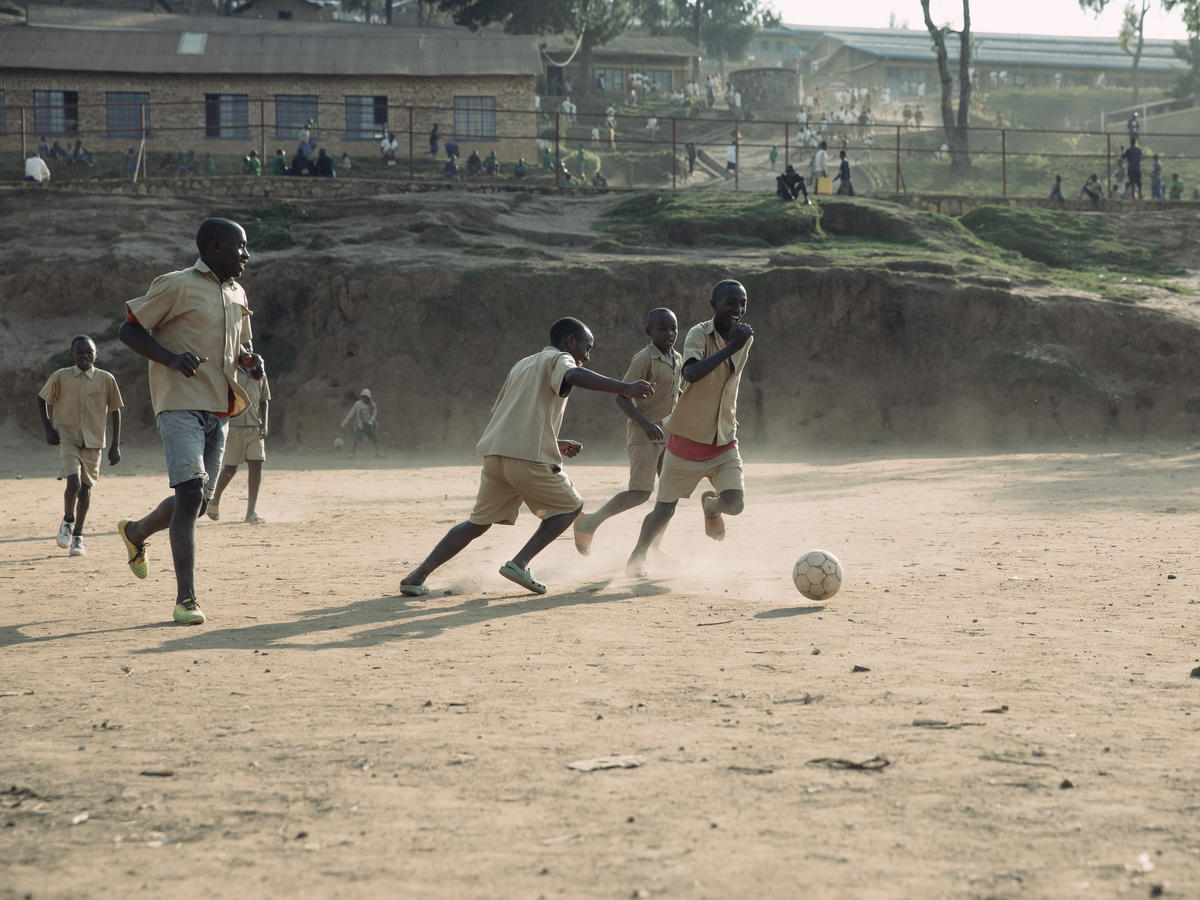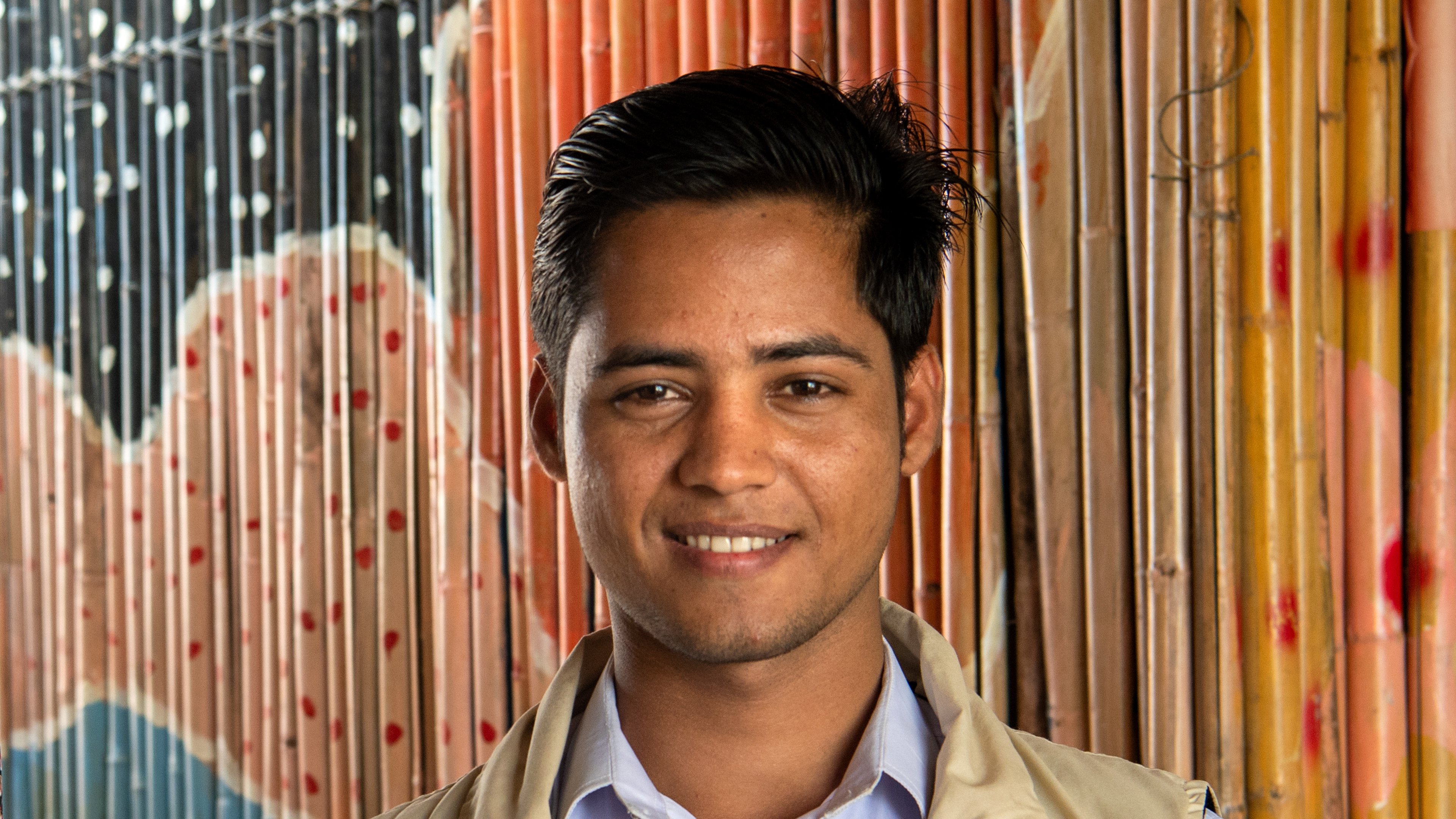Homework groups help Syrian pupils stay on top of studies

Homework groups help Syrian pupils stay on top of studies
Schoolchildren are not known for their love of homework. For Syrian refugees living in Lebanon, there are additional reasons not to do it.
First, there is the language. In Lebanon, the curriculum is taught in French and English, while students in Syria learn in Arabic.
Second, many Syrian refugee families live in overcrowded and often basic conditions. In Lebanon, more than 1 million Syrian refugees are scattered throughout more than 2,100 urban and rural communities, many living in substandard shelters. For a young person trying to concentrate on their homework, peace and quiet are scarce commodities.
For those lucky enough to encounter volunteers like Noor Ismail, however, it has become less of an ordeal.
Homework support groups were introduced by UNHCR, the UN Refugee Agency, and several of its partner organizations as a way of helping refugee students keep up with schoolwork and encourage them to attend regularly. At present, there are 325 active homework support groups in Lebanon – in tents, shelters, community centres, living rooms and even outdoors.
Besides UNHCR, the aid organizations Save the Children, Caritas, Terre des Hommes and the International Rescue Committee are also involved in running activities in venues that children can attend. The unpaid volunteers, most of whom have backgrounds in education, are mainly refugees themselves, but Lebanese such as Noor have also become involved.
A 22-year-old Lebanese university student majoring in political science, Noor heard about the homework support sessions from a friend who was already volunteering. She first started helping out at a support group run by Caritas in the town of Saida, in southern Lebanon, in October 2016. “I’ve been a facilitator ever since,” she says.
Twice a week, she works with groups of children aged between 10 and 15, not just to help them with homework, but to talk through any problems they may be having in class.
She loves her responsibilities and cares strongly about her new charges, aware of the pressures refugee children, particularly girls, are under to support their families. “I consider them as my siblings and want them to thrive.”
“I consider them as my siblings and want them to thrive.”
More than 2,500 children attended homework support programmes in Lebanon in the 2016-2017 academic year. About three-quarters of the groups continued throughout the summer, even after school was over. The volunteers and students went over what was covered in lessons to make sure the children were ready to move on to the next grade..
One of Noor's students, 10-year-old Maria, found the transition from the Syrian education system to her Lebanese school difficult because of the language barrier. “When I was in Syria, our curriculum was all in Arabic, but here it is mostly in English. When I came here, I didn’t know a word of English but Noor taught me everything. I love these sessions.”
For Noor, the sessions are about more than school work. “I give them moral support,” she says. “I talk to them about their future and the importance of education.
“Education is their only weapon”.
See UNHCR's 2017 report on refugee education, Left Behind: Refugee Education in Crisis.









